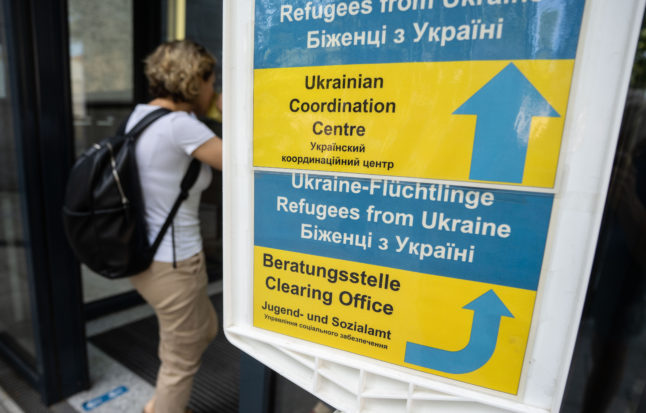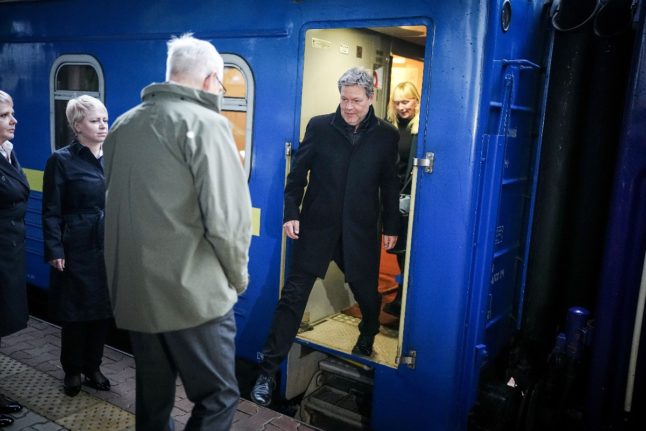“We want to help, but we soon won’t be able to,” is a phrase German Federal Interior Minister Nancy Faeser says she keeps hearing.
The Social Democrat minister is holding a summit Tuesday with leaders from German cities and municipalities who say new refugee arrivals—predominantly from Ukraine—are pushing their current resources to the limit.
Around a million people have fled to Germany from Ukraine since the beginning of the Russian invasion in February. Most are still here, with around 80,000 having left for another country or to return to their homes.
Some researchers are expecting another 250,000 Ukrainian refugees to make their way to Germany next year.
Cities also have their eye on whether Germany will soon see more asylum applications from Iran due to protests there, or what impact Russian men fleeing conscription will have on arrival numbers. Arrivals from Syria alone remain in the tens of thousands.
Bavarian Interior Minister Joachim Herrmann of the CSU says over 200,000 people have arrived in his state this year. “That’s already above 2016, when we were in the so-called refugee crisis,” he told the Frankfurter Allgemeine Zeitung (FAZ) newspaper. “Our municipalities are at their limit on accommodation,” he said.
German cities are currently converting state property into accommodation to provide more space.
Dresden is using its trade exhibition hall to house refugees, while Leipzig is planning to put up tents to handle the shortage while it converts gyms. Some smaller communities have converted halls previously used for weddings.
While Berlin used its old Tempelhof airport to cope with refugee arrivals in 2015, authorities in the capital are now discussing whether to open additional terminals at the closed Tegel airport to house refugees.
Berlin says that out of its nearly 30,000 spots for accommodating refugees, it has less than 200 remaining.
READ ALSO: Germany records almost a million Ukrainian refugees
Speaking to public broadcaster ARD’s morning show, Faeser said the federal government is looking to support cities by opening up its own property, including military barracks.
Although the minister promised cities more money to help deal with their capacity issues, she hasn’t yet said how much—and that a new round of support will be decided in November.
“The question of costs must be clarified now,” said Hesse’s Interior Minister Peter Beuth of the CDU, pointing out that the federal government had already announced cost-sharing in April. “The federal government has a central coordination role here. There’s still no sign of that.”
The federal government’s migration commissioner, Reem Alabali-Radovan, says the number of arrivals from Ukraine is currently declining, but warns that “a hard winter of war can change that.”
READ ALSO: ‘Happy to work here’: How refugees in Germany are easing labour shortage



 Please whitelist us to continue reading.
Please whitelist us to continue reading.
Member comments